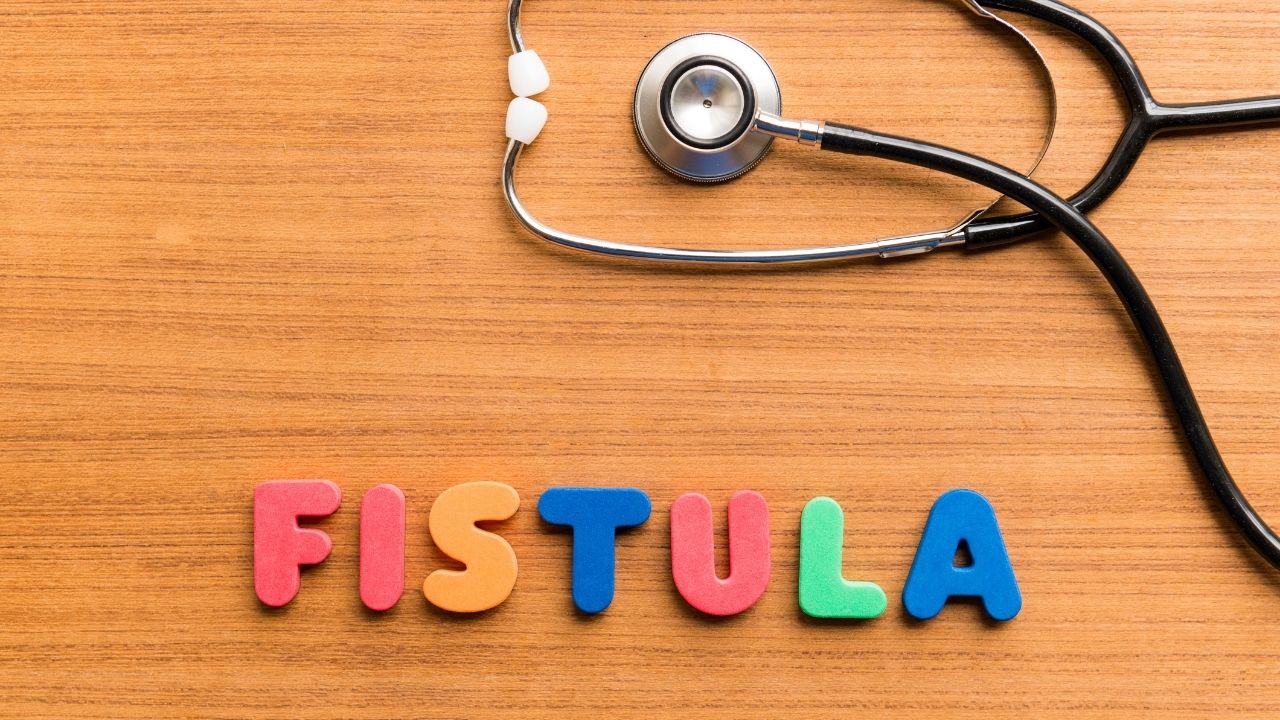What is a fistula?
Fistulas are a connection between two body parts. Inflammation, infection or previous injuries are common causes for the formation of a fistula. The most common is an anal fistula. It forms as a result of an infection in the opening of the anal glands due to clogging and development of abscesses (cavities filled with pus). This leads to an infection. If the abscesses are left untreated, they grow to turn into a fistula.
Symptoms
An anal fistula is accompanied by the following symptoms:
- Pain when sitting, coughing or passing stool
- Swelling or redness around the anus
- Skin irritation around the anus
- Pus or blood passing with stool
- Foul smell around the anus
- Difficulty controlling bowel movement
Diagnosis and Treatment
Fistulas are diagnosed preliminarily with the help of rectal examinations. If an anal fistula is suspected then an ultrasound, CT scan, MRI or proctoscopy is done to confirm the same.
An anal fistula cannot be treated without surgery. The fistula grows in size if it is left untreated and the infection can worsen. The surgical procedure to remove the fistula is short, performed under general anaesthesia and the recovery time is fast.
What to expect after surgery?
There are a few things that might occur after anal fistula surgery. Some of them are:
- Painful or no bowel consistency for the first two weeks: The bowel movements can be made easier by eating food rich in fibres and taking the help of laxatives if required. After an anal fistula surgery, it is necessary to have an easy passage of stool. Eat plenty of fruits, vegetables, legumes, whole grains, etc. and drink a lot of water to avoid constipation. You can also sit in warm water to soften bowel movements.
- Take care of your wound: You may notice bleeding or pus from the area operated upon. This is normal. Dressing the wound at regular intervals with gauze bandage will drain the pus and blood. However, if the bleeding persists even after a week or 2, then you must consult your doctor immediately.
- Preventing further infections: The proper method to clean the wound must be followed so that no further infections develop in the area and complicate the process of recovery. Dab cotton in warm water and clean the area gently. Then pat the area dry, if it remains wet then it increases the possibility of getting infected again. Do not apply any creams, powders or perfumes, unless prescribed by the doctor.
- Take plenty of rest: The recovery period after anal fistula surgery is usually short, but it is only the case if proper rest is taken after the surgery. Wear loose-fitting, comfortable clothes. Use pillows to support yourself while sitting up to feel comfortable. Lie on your side while sleeping. These will alleviate the pressure on the wounded area, helping it heal faster.
- Have laxatives: Another way to keep your bowel movement free is by taking the help of laxatives. Those who are prone to constipation should tell their doctors and get laxatives prescribed. Some healthy bowel habits can be practised while visiting the loo such as going immediately when you feel the urge, not sitting too long at the toilet, and keeping the anal region clean and dry after passing stool.
- Antibiotics and painkillers: You will be prescribed both of these after surgery. The antibiotics will prevent any infection from forming and promote faster healing. Since you will experience pain after the anaesthesia wears off, you will be requiring some painkillers. Sitting in warm water and warm water baths can reduce the pain as well.
- Avoiding spicy food, food rich in sugar and flour, caffeine, alcohol and heavy meals. Instead, drink a lot of water. Staying hydrated helps flush out the toxins from the body, keeps the bowel movements clear and also promotes digestion. This will aid digestion, prevent constipation and ensure that your bowel movement is painless.
If you note any symptoms of anal fistula, as easily noticeable due to bowel incontinence or pain, visit a doctor immediately. Take good care of yourself with plenty of rest, nutritious food and by drinking a lot of water to heal faster.

